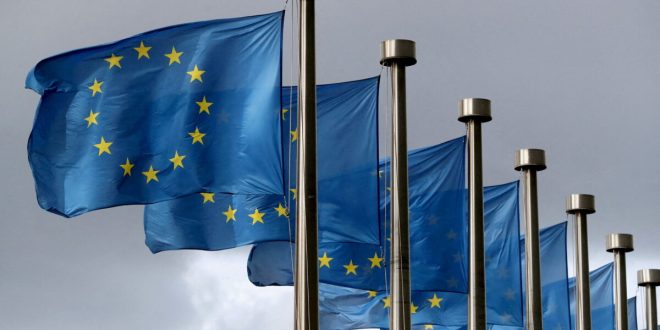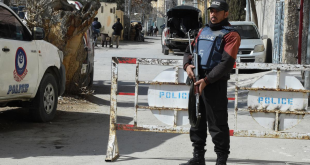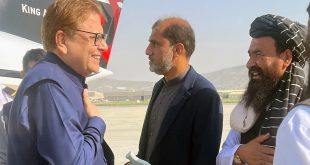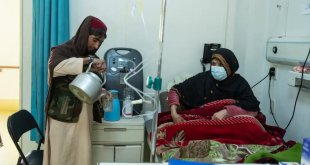AT Kabul: The European Commission has approved a new funding package of €142.8 million to fortify basic services and sustain livelihoods for individuals in Afghanistan. This announcement comes as part of the European Union’s ongoing commitment to assisting vulnerable groups, particularly those displaced or affected by displacement in the war-torn nation.
In a statement released on Friday, the EU office in Afghanistan underscored the bloc’s dedication to supporting the Afghan people, with a specific focus on aiding women, girls, displaced populations, and those affected by displacement. Jutta Urpilainen, Commissioner for International Partnerships, emphasized the EU’s unwavering dedication to supporting the Afghan people.
The funding package, totaling €142.8 million, is specifically designed to address pressing basic needs, with a primary focus on health, nutrition, education, clean water, and sanitation. Commissioner Urpilainen highlighted, “This €142.8 million package will focus on health, nutrition, education, clean water, and sanitation, in particular for women, girls, displaced populations, and those affected by displacement. We are also supporting their livelihoods, paying special attention to women’s economic empowerment.”
The assistance will follow a principled approach, concentrating on the well-being of women and girls. It is part of the €1.2 billion mobilized since EU Commission President von der Leyen’s commitment in August 2021 to allocate at least €1 billion in support of the Afghan people. With the adoption of this package, the EU has now mobilized a total of €676 million, complementing €554 million in humanitarian assistance.
The support aims to strengthen essential services such as health, nutrition, and education, with a requirement that Afghan women are involved in all aspects of aid delivery. For education, potential support includes school meals, teacher training, and incentives to encourage school attendance. Health-related aid may cover drug abuse prevention and treatment, acknowledging the high prevalence of drug abuse, as well as psychological health services, recognizing the significant mental health challenges faced by the Afghan population.
The EU’s assistance also seeks to address widespread poverty by providing community-based safety nets, improving access to income-generating and business support services at the community level, and enhancing value chain effectiveness, market access, and access to finance at the micro level.
The statement concluded by highlighting the EU’s commitment to women’s economic empowerment, recognizing the potential of Afghan women in civil society and emphasizing the importance of safeguarding their meaningful participation in the economy and society. The European Union remains steadfast in its commitment to the Afghan people, working towards a future where they can thrive and rebuild their nation.
 Afghanistan Times
Afghanistan Times




